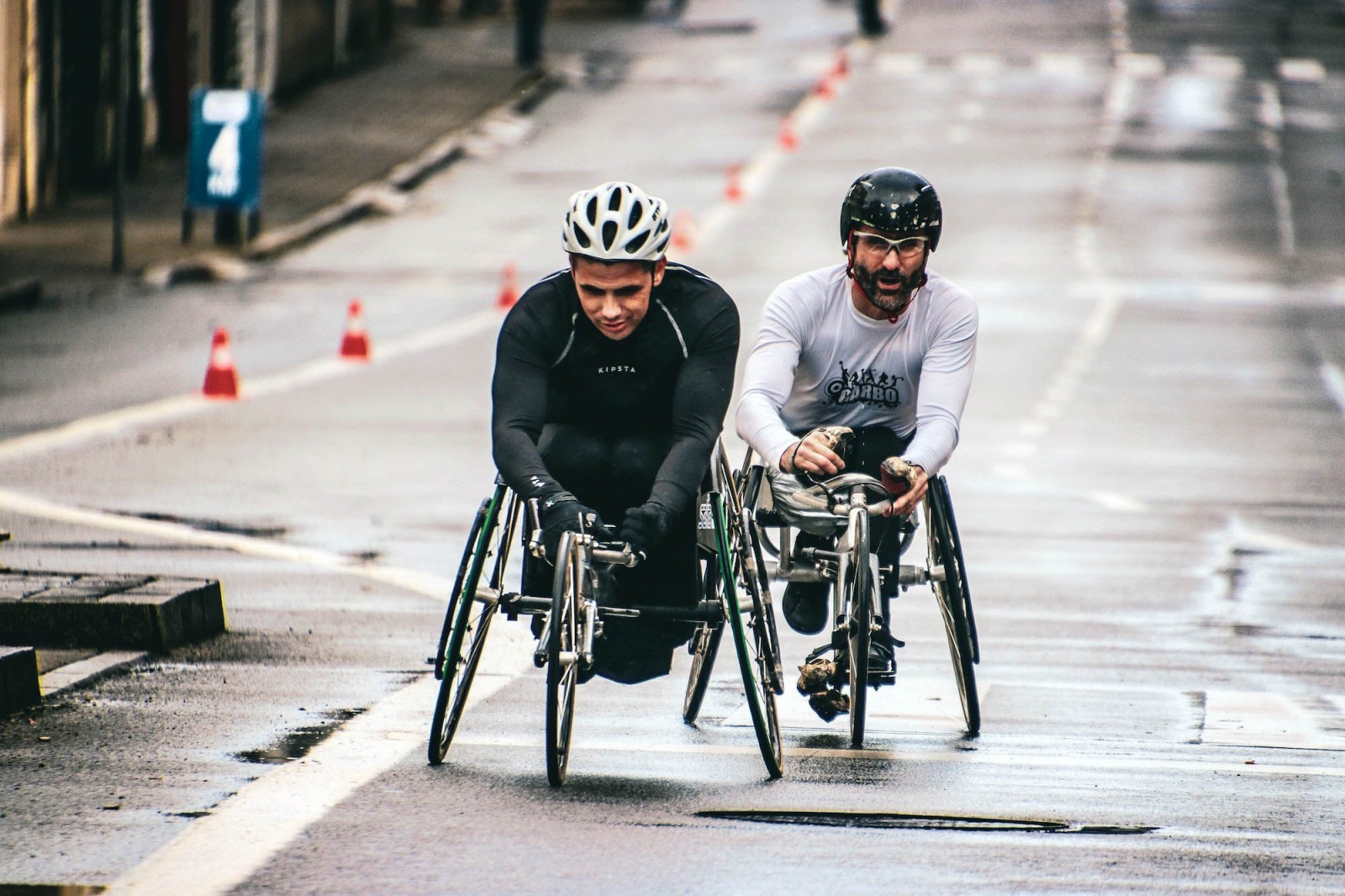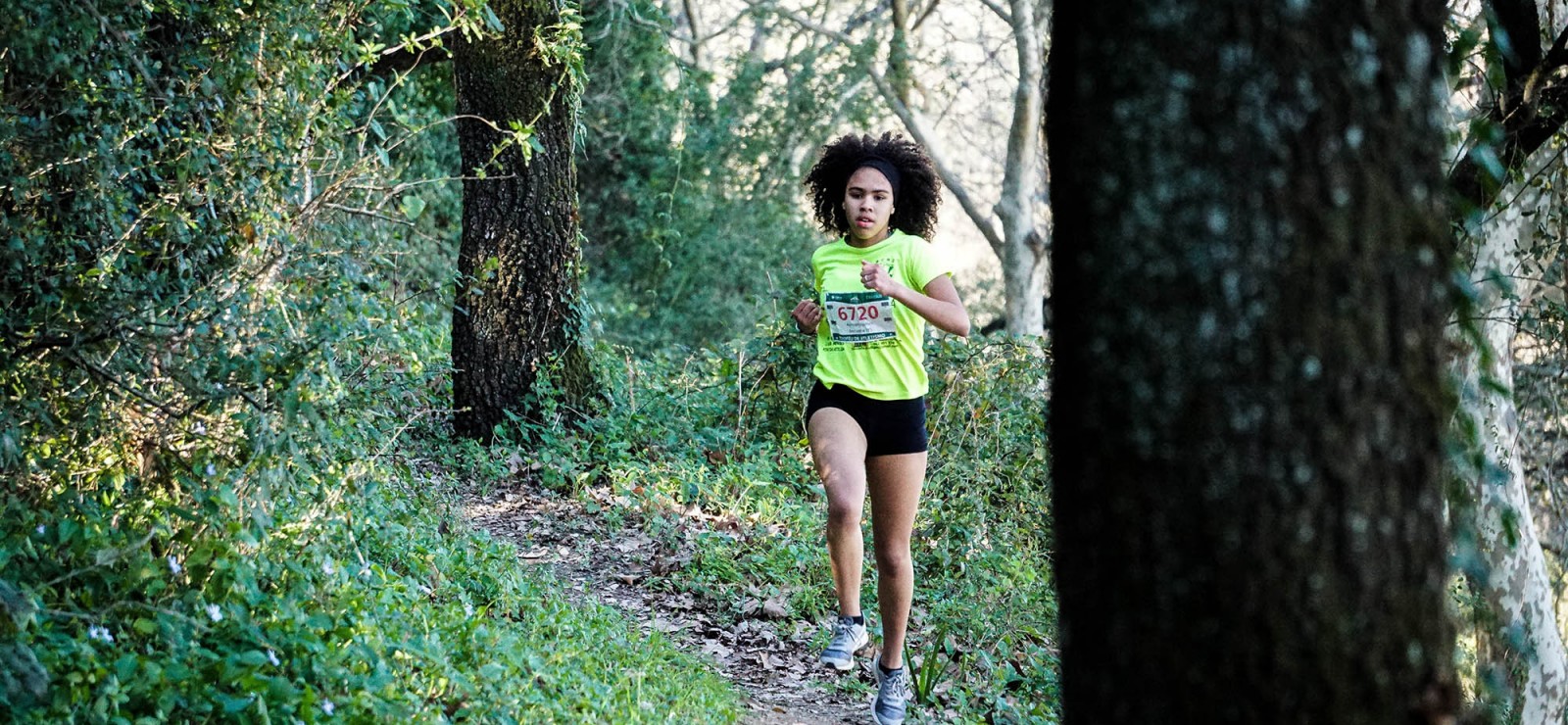What social challenges does the sports world face? And could more social sports lead to a better and more friendly society? These are the research questions that preoccupy the Frans Verheeke endowed chair.
The questions can be answered thanks to external financing. “It is a strong statement that several private donors have joined forces to fund a full-time guest professorship,” says chair holder Pascal Delheye.
The Frans Verheeke Chair at Ghent University was established within the Political Sciences department. Chair holder Pascal Delheye explains:
"Given that the existing university sports institutes have a medical background, this role is unique in Belgium. Sport is nevertheless a very interesting theme from a political perspective. It is a political science crossroads; it’s one where numerous powers and policy areas meet and interact with each other. It is therefore no coincidence that the dean of the Faculty of Political and Social Sciences Herwig Reynaert is the chair's promoter."
Bastions of elite white men
This political focus is desperately required, as there are many social challenges in the sports world. "In the nineteenth century, sport — a relatively new social concept — was actually quite progressive from a gender perspective. It is striking that the equality of men and women turned out to be extremely short-lived. Via a conservative, paternalistic groundswell, sport became institutionalized within bastions of elite white men. After the Second World War, steps were taken towards emancipation, but the governing bodies remained largely male and white. It is only recently, thanks to social changes and under the impetus of progressive activist groups, that there has been increasing criticism of the sports world, as regulated by white men."
Equal pay, equal media attention, more say in administrative bodies and a tougher approach to unacceptable behaviour. These are legitimate demands from groups that have not been taken seriously in the sports world for a long time. “Top athletes no longer accept racist statements, although some organizations — such as the Italian Football Association — seem to have a hard time taking a stand against racism. Sport is not by definition inclusive and can exacerbate social segregation or certain aberrations. It is, therefore, more important than ever that the sports world itself sends out a strong signal”, says Pascal.

Sport as a means of empowerment
What makes the chair so special is that sport is seen as a means of empowering disadvantaged groups and that this is being pursued together with representatives from the various sectors. The chair therefore has a visible social impact on the short term. "Co-creation is essential within the chair. That is why we are not only committed to academic publications but have also designed a practical guide for social-sports work, for example. We offer a forum to a hundred practitioners. It’s a place where they can talk about the critical success factors and the remaining needs and obstacles. In this way, not only can they learn from each other’s personal experiences and insights, but they can also let their voice be heard ‘en masse’ at all levels of policy and governance. Moreover, authentic stories always appeal more than academic jargon and the employees get extra visibility for the social goal they want to pursue."
Another expression of the chair is the public events that are organized. During these thematic 'meetings', experts are able to share their knowledge with each other and with the public. "While the research mainly focuses on the socio-political aspect, the meetings are intended to provide a view of the entire sporting spectrum and to facilitate connections with each other. A social-sporting organization is also always invited to provide a short warm-up. In this way, we also provide a platform for young talent. It’s visibly a concept that is popular, judging by the high turnout."
Politicians hold the keys
In addition to the social challenges, many other 'evolutions' have the potential to undermine the future of sports. "How can thorough professionalization operate side by side with voluntary work? How can “financial fair play” be strengthened? How do we combat match-fixing? … In the end, it’s the politicians who hold the keys. That is why a perspective from the political sciences is so interesting", Pascal concludes.
The financial partners of the Frans Verheeke chair are vdk bank, CM Midden-Vlaanderen, KAA Gent, Hudson Belgium and die Keure. "They share both a social commitment and how important it is to having a Corporate Social Responsibility. Each of the partners is committed to empowerment and an ethically responsible and sustainable approach."
Read also
Is a stool transplant a potential treatment for Parkinson’s?
A recent study into Parkinson’s disease has shown that a stool transplant may constitute a new and valuable treatment of the disease. “It offers a potentially safe, effective and cost-efficient way of alleviating the symptoms and improving the quality of life of millions. A 'bacterial pill' might replace the stool transplant in the future. But more research is needed.”
Kathy (54) fights peritoneal cancer through top-level sport: “Without swimming I lose my anchor”
In March 2021, Kathy received life-changing news: a tumour on her appendix marked the beginning of a long and difficult battle against peritoneal cancer. Yet she decided to do more than fight just for herself. She channels her strength into helping others by raising donations for the Ghent University Peritoneal Cancer Fund.
Why sports apps can actually be demotivating
They are already well established in elite sports, but amateur athletes are also increasingly using technology to improve their sports performance or prevent injuries. Sports technology is everywhere it seems, but there are pitfalls.
Deceased Juno’s friends run marathon for cancer research
Friends and relatives of Juno De Hauwere recently gathered at the starting line of the Ghent marathon. They weren’t just looking to achieve a sporting milestone, but above all they were there to honour Juno’s memory and raise funds for leukaemia research.


